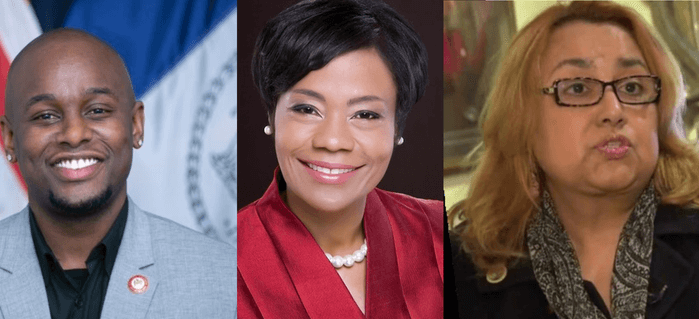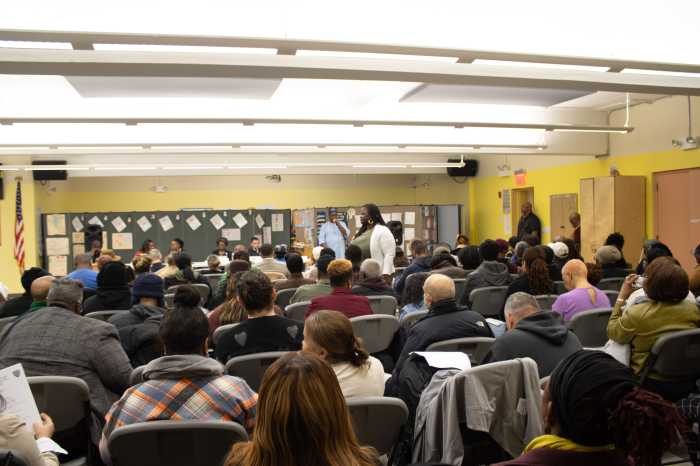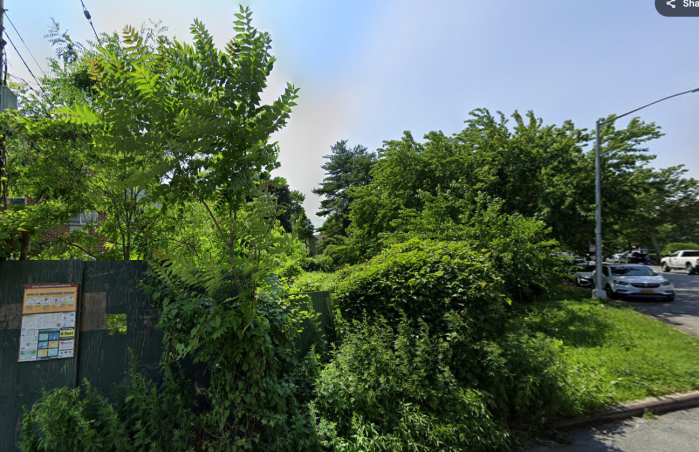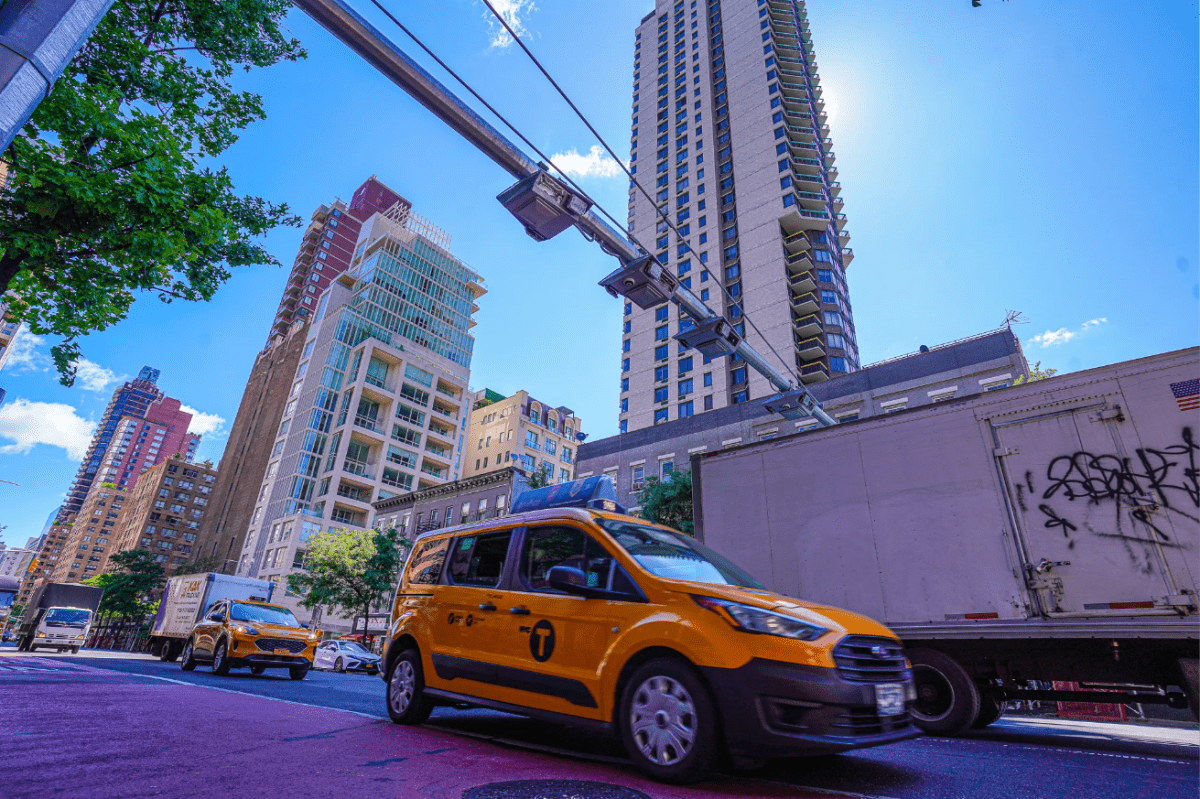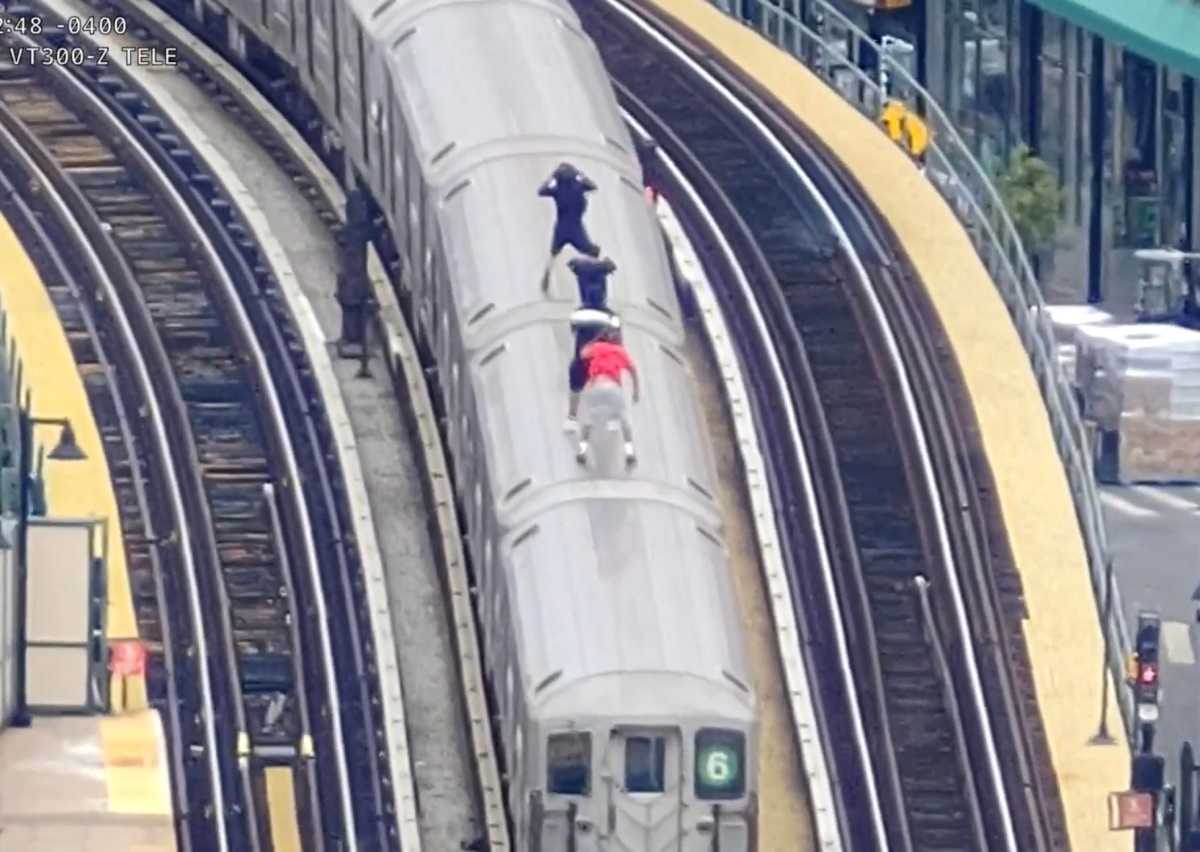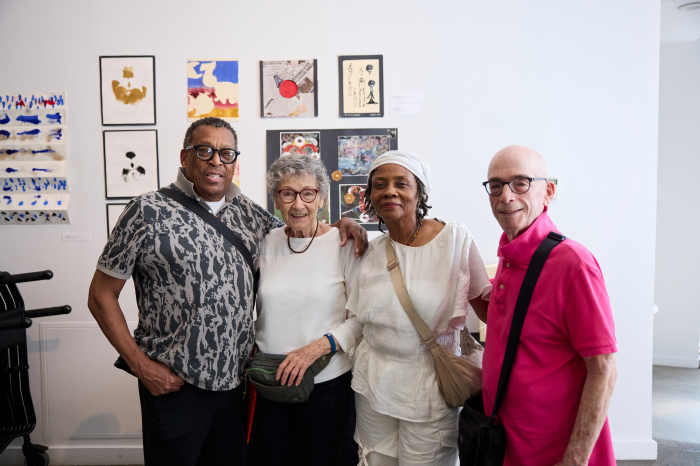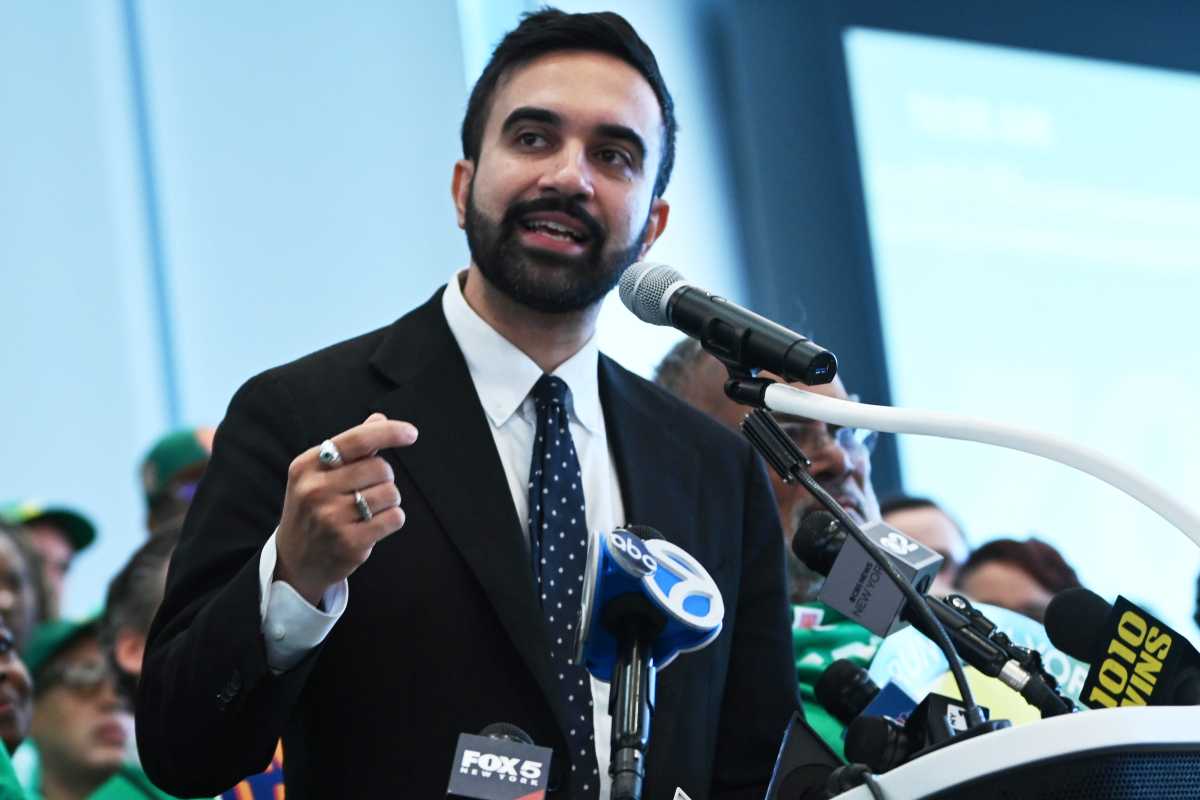There may be no better position in local politics than that of an incumbent officeholder. In the Bronx, just three of the borough’s 12 city councilmembers are facing a primary challenge, however, all primary challenges are not created equally.
Such is the case in City Council District 12 in the East Bronx — a legislative district whose boundaries include the Wakefield, Baychester, Eastchester, Olinville, Co-op City, Edenwald and Williamsbridge sections — and current seatholder Kevin Riley, a Democrat.
Riley, 35, faces his second primary challenge on June 27, after assuming the seat via special election in 2020 following the ouster of his controversial predecessor Andy King. But Riley’s challengers for the Democratic nomination: Pamela Hamilton-Johnson, executive director for the Eastchester Heights Community Center, and former King staffer and public relations strategist Aisha Ahmed, have failed to make inroads with district voters.
“I didn’t even know there was a primary,” said James Lincoln, a longtime Baychester resident who has voted in each city election since 1995. “I really haven’t seen anything but Riley posters and signs. So I guess there’s a primary, but it probably isn’t one I’d consider an actual race.”
This is the first run for office for Ahmed, a Co-op City resident.
Hamilton-Johnson, a Williamsbridge resident, has been a perennial candidate since 2016, previously losing to Riley in decisive fashion in that 2020 special election, and also coming up short in a 2016 bid for the state’s 36th Senate District.
The introduction of ranked-choice voting in 2021 — which is in effect again in this year’s primary cycle — allowed Hamilton-Johnson to reach 40% in the third round of voting in 2020. However, Riley held strong voting totals in all three rounds of the three-person primary — which included Shanequa Moore — with nearly 50% of the vote, compared to 29% and 21% from his challengers.
Ranked-choice voting allows voters to choose multiple candidates, which supporters say encourages more fair and representative elections. Voter turnout in the 2021 primary was far higher than the one eight years earlier, Citizens Union reported.
But it still may not be enough to challenge incumbency in a region with one-party rule and a political machine that readily equips officeholders with resources to be reelected, political experts tell the Bronx Times.
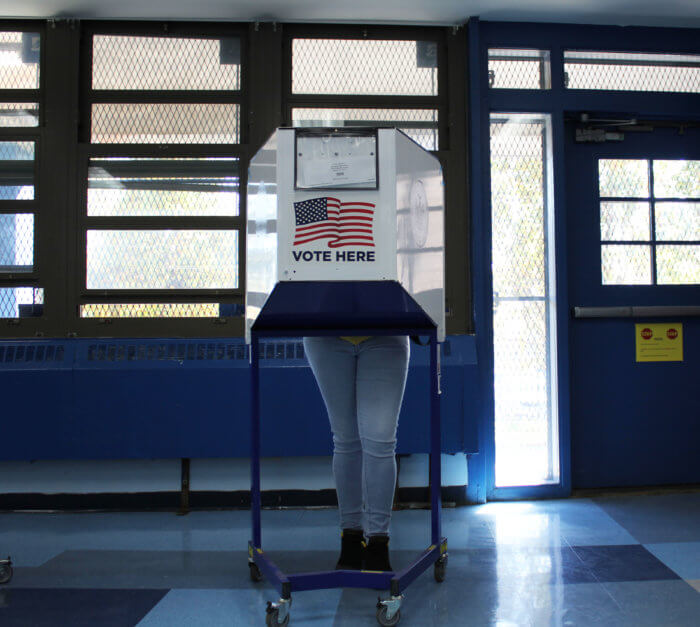
Ahmed, on her campaign website, touts herself as a candidate who can build “an inclusive, diverse, and united community” and rejects measures that would defund schools in the district or enforce background checks for housing.
Hamilton-Johnson does not have a campaign website.
And any chance for the two challengers to make this race competitive was further dashed when neither responded to requests from Schneps Media, the parent company of the Bronx Times, to participate in a public debate this week.
Riley also did not respond to that same debate request, however.
One sitting councilmember, who requested anonymity, said they were disappointed in the decision by Riley and his challengers to not engage in a debate, citing that it could “potentially disenfranchise voters.”
Riley and Hamilton-Johnson also did not respond to the Bronx Times when asked about the primary race and their engagement with prospective voters. After making contact with Ahmed on Tuesday, she did not provide a response at the time of publication.
Council District 12 is the Bronx’s only majority-Black district and has seen its fair share of controversy over the years.
In addition to King — who was removed for a slew of ethics violations in 2020 — his predecessor, Larry Seabrook, was indicted by the federal government on corruption charges in 2012 and removed from the City Council before serving three years in prison.
King attempted to reclaim his seat, but the city Board of Elections and later the courts, ruled he was ineligible to run this year. Even then, Democratic Party insiders told the Bronx Times that King’s inclusion didn’t necessarily pose a threat to Riley, who has the “institutional and fundraising” support necessary to ward off challengers.
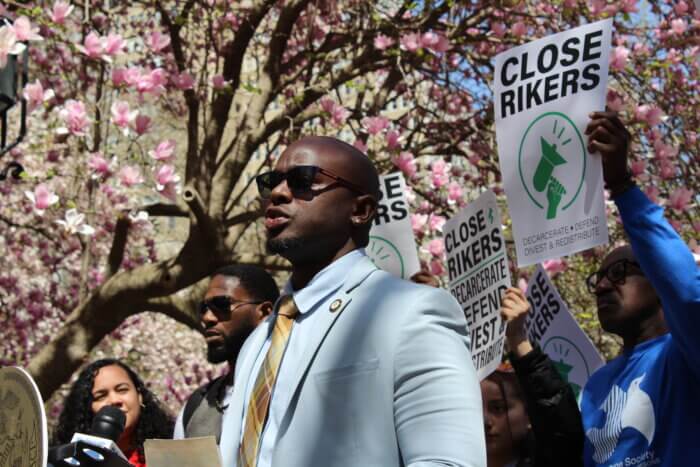
Riley also holds a major fundraising edge, with $63,000 in campaign donations which dwarfs both Ahmed and Hamilton-Johnson, who have failed to surpass $10,000.
Riley, an Eastchester native, has been at the forefront of legislative efforts to address housing and mental health. And recently diverted funding to bolster resources and programming in the district, including $10.6 million in City Council capital for the Edenwald library branch’s renovation.
The Bronx, more than any region of the state, is often filled with uncompetitive primaries, which lead to easier general elections given the overwhelming Democratic advantage in the borough.
Among active voters in the Bronx, 73% are registered Democrats compared to only 6% Republicans.
“When you do get a competitive race, it is much more likely to be a Democratic primary face-off, as with Alexandria Ocasio-Cortez and incumbent Joe Crowley in 2018. But even an event like that is relatively rare given the power of incumbency in American politics,” said Fordham political scientist Monika McDermott.
And voters like Donna Tate, from Co-op City, feel that Riley deserves reelection simply on the basis that he’s been scandal-free in his three years in office.
“He hasn’t done anything to make us feel like he can’t do this job for the next two years, especially when you consider who has held this office before,” said Tate, a Baychester native. “But it’s a shame we don’t have any debates to hear what the alternatives are or any forum where voters can hold them accountable.”
Voter turnout in Council District 12 usually outpaces that of the borough’s other districts, with the 2021 primary drawing a voter turnout of 21%. In that primary, which included a mayoral race, Bronx turnout was around 19%, by far the lowest in the city.
Voting for the incumbent is not the default for some in District 12. However, residents did lament the viability of the candidates on the ballot.
“I’m going to show to the polls. Most likely will vote for (Ahmed) because I don’t think our incumbent is ushering the change this district needs,” said Dayo Moore, a Co-op City resident, voting in her second election cycle. “But I’m also a realist. There just isn’t a lot of hope in hell for a candidate that doesn’t already hold a seat.”
The most recent enrollment totals show that 81,858 of the district’s 103,756 voters are registered Democrats.
The winner of the Democratic primary will face Republican challenger Dewayne Lee in the Nov. 7 general election.

